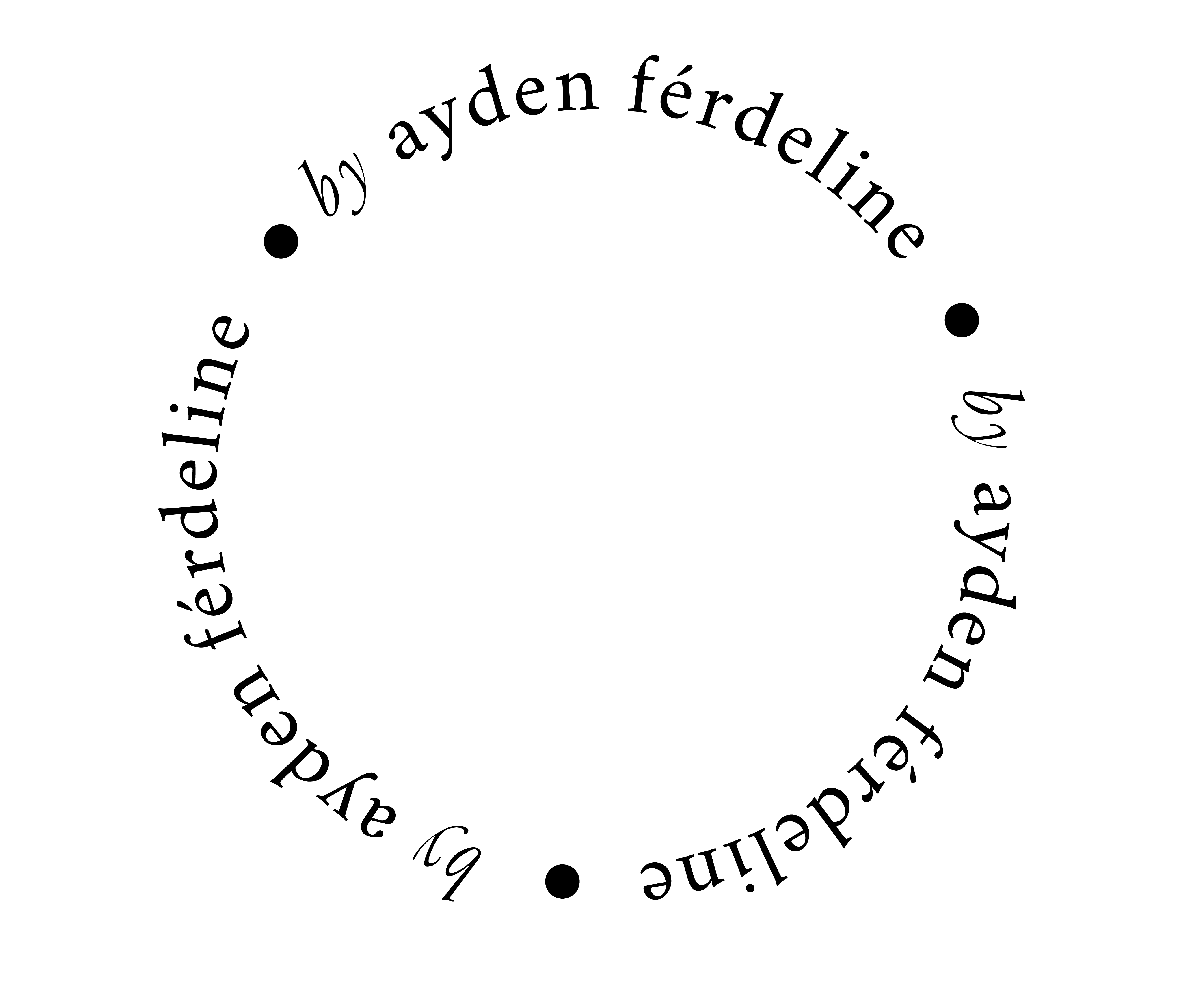What has Prostasia spent its resources on?
Prostasia releases a very limited amount of information on its expenditure. But I have been able to piece together some of the projects that it has spent its resources on.
_
Prostasia not only campaigned in support of drawings and cartoons that contain sexual depictions of minors, but it has also commissioned art which I believe depicts a child in a sexual manner.
In 2019, Prostasia launched a campaign because, in its words, “A United Nations committee wants to have drawings ... added to the international legal definition of child pornography." Prostasia stated, without offering evidence, that “a drawing that depicts an imaginary child exploits nobody."
Contrary to Prostasia's claims that “a drawing that depicts an imaginary child exploits nobody", there is evidence that this material is harmful.
A paper published in the Children's Legal Rights Journal in 2015 found that in Japan, there is evidence that anime and manga are used “to induce children into sexual activity." Similarly, Canadian courts have reasoned that fictional child pornography creates a grooming risk because cartoons may be particularly appealing to children [see R v Mahannah, Ontario Superior Court of Justice, 2013].
There is strong evidence supporting a relationship between sex fantasies and sex offenses. In one paper published in the Journal of Sexual Aggression, the authors found “sexual fantasy plays an integral role in the development and maintenance of sexually aberrant behavior." Fantasy offers an opportunity to rehearse activities, with strong evidence finding that viewing fictional sex depictions can incite real child sexual abuse.
In a University of Birmingham study involving 57 convicted child molesters, 64.9 percent of participants said they had masturbated to deviant sexual fantasies before committing their first hands-on act of child sexual abuse. The number of participants who reported engaging in such fantasies after their first hands-on crime was 80.7 percent, which led Professor Anthony Beech to conclude that, for child molesters, “deviant fantasies are an intrinsic part of the etiology and maintenance of sexually aberrant behavior."
There is less research available investigating the influence of deviant sexual fantasies on non-convicted child molesters. Most studies of non-convicted offenders suffer from a methodological shortcoming in that they rely on self-reported surveys, so the reliability of the data is dependent on the willingness of the participants to disclose personal information and to answer truthfully. Given social condemnation of pedophilia, it is possible that survey respondents have been reluctant to admit to having sexual fantasies about children, or are reluctant to disclose having previously committed child sexual abuse.
In spite of this evidence, Prostasia released a Hentai image on Twitter in support of their campaign equating cartoon child sex scenes with art. Hentai is described on Wikipedia as a pornographic artform used to depict a “
perverse or bizarre sexual desire or act." Prostasia's campaign image consisted of an underage female with an exaggerated facial expression and a protruding tongue with a text box saying, “Don't Report It!".
One Twitter user, who had previously tweeted about their attraction to drawings of children, asked Prostasia where they could see more images like the one that Prostasia shared. Prostasia replied, stating the image was an “
original commission."
_
Prostasia routinely advocates for the lawful possession and sale of child-like sex dolls. Prostasia does this, despite experts believing that these dolls likely cause harm. Professor Kathleen Richardson of De Montfort University, who has researched sex dolls and sex robots since 2001, says they are harmful to society:
“... if I believed for one second that sex dolls and sex robots could abolish the commercial sex trade, I would absolutely support them. There would be no doubt about it. But those arguments are based on a fallacy about how the commercialization of human bodies and human relationships works in our society. So you can’t really get to a stage where people are imagining relationships with dolls, unless you’ve already created the space for dehumanization to occur. These dolls are created on the backs of women who already exist and an idea about women that already exists. You couldn’t buy into the idea of a doll being your girlfriend or future wife unless there was already an idea in wider society about women as objects. And that is a real, real problem."
This is a view echoed by psychologist Patrice Renaud of the University of Montréal. In controlled environments, he has had adult males with attractions to children interact with child-like robots. In 2018, he is quoted as saying to NBC News:
“For all his enthusiasm for employing CSBs [child-like sexbots] in his research, however, Renaud is among those who are skeptical about the broader use of child sexbots. ‘I’m not sure we should take chances with that,' he says. ‘Maybe some individuals would have the self-control to stick to robots, but for others the experience may push them further to seek out real children.'"
_
Prostasia has sought to fund unethical research.
In 2019, Prostasia issued a call for proposals for research into the availability of child-like sex dolls with the hypothesis that such “toys may provide a safe, private sexual outlet for some people who would otherwise be at risk of turning their attention towards actual minors. This research should test these hypotheses."
It is essential here to stress that the absence of empirical research investigating the harm in using child-like sex dolls does not mean that such toys are harmless; it means only that such a research question has not been empirically tested. This is unsurprising given the ethical and legal barriers to conducting such research. Such research could not, and should not, be conducted as it would be potentially dangerous since it would mean exposing individuals to potentially harmful material with a risk of harming children. That is, if Prostasia's hypothesis is incorrect, they may be funding criminalized conduct where the envisioned harm, in the case of child sexual abuse, is significant.
Due to a funding shortfall, Prostasia was unable to issue a grant to fund this research in 2019, but they state that they are “currently fundraising to support this call for research" at a later date.
_
Prostasia covered the travel expenses of presenters for its Sex Content Dialogue workshop in May 2019. While reimbursing the travel of presenters and subject matter experts is a legitimate expense for a child protection non-profit, it is not clear what child protection expertise Prostasia's invited guests had.
This workshop brought together people “affected by sexual content bans", including convicted sex offender Guy Hamilton-Smith, the CEO of adult entertainment payment processor Segpay, and Kristen DiAngelo, who describes herself as “a warrior for ... those who chose to work in the sex trade."
_
Prostasia claims to be “the only child protection organization that is seen as a safe space by many members of the consensual kink communities." Prostasia has used its resources to
organize a workshop on “kink and child protection" that discussed scenarios such as:
“A bisexual and polyamorous woman in her 40s became involved in a sexual relationship with her 18 year old tenant, and on two occasions engaged in sexual activity with him in the presence of her 5 year old son. She claims her son had been asleep on one occasion, and unable to witness the act on the other. Were any lines crossed?"
This session was led by Prostasia program director Meagan Ingerman, who says in her biography that she “has engaged in multiple forms of sex work and has ties to the organized kink community." (While Ingerman is clearly qualified to deliver a workshop on kinkiness, it is not clear what expertise she has in child protection.)
Ingerman is also the author of the blog post on Prostasia's website, “
Age gap relationships through the looking glass," where she states, “I don’t believe it’s right to stigmatize teens who pursue sex or relationships with older people of any age." Prostasia's decision to publish this piece highlights how radically different their approach is from that of other child protection organizations, all of whom believe it is the responsibility of adults to neither solicit nor reciprocate advances from minors. It is also, in my opinion, likely untrue. I believe it is more likely that adults are pursuing relationships with minors, rather than vice versa.
This blog post is consistent with Prostasia's official position which seemingly sees the perpetrators of statutory rape as the “victims", rather than the underage children: “Child sexual abuse isn't always intentionally predatory. It can also include carelessly failing to check about a partner's age when you have reason to doubt that they are legal. In most states, “they lied about their age" is not an excuse. The message that “all child sexual abusers are predators or pedophiles ... contributes to a culture of victim-blaming."
_
Prostasia equipment and personnel are used to produce Prostasia's monthly ‘Sex, Human Rights, and CSA [Child Sexual Abuse] Prevention' podcast and accompanying video series. In one recent episode, program director Ingerman interviewed sex worker Maggie McNeill about her self-care practices and lessons she could offer young people. McNeill said, “I have my nightly self-care ritual which is basically to get as stoned as possible." Ingerman replied, “That's a great self-care ritual; I'm familiar with that one myself." McNeill then describes not making personal or professional appointments before midday. It is not clear to me from this video how the message shared was intended to support or fulfill Prostasia's mission, but for every dollar spent producing this content, one less dollar was available to spend on Prostasia's child protection work. I do not personally consider this advice suitable for children. I believe adults should share wisdom with children that will help them become respectful and hardworking members of society.
05


